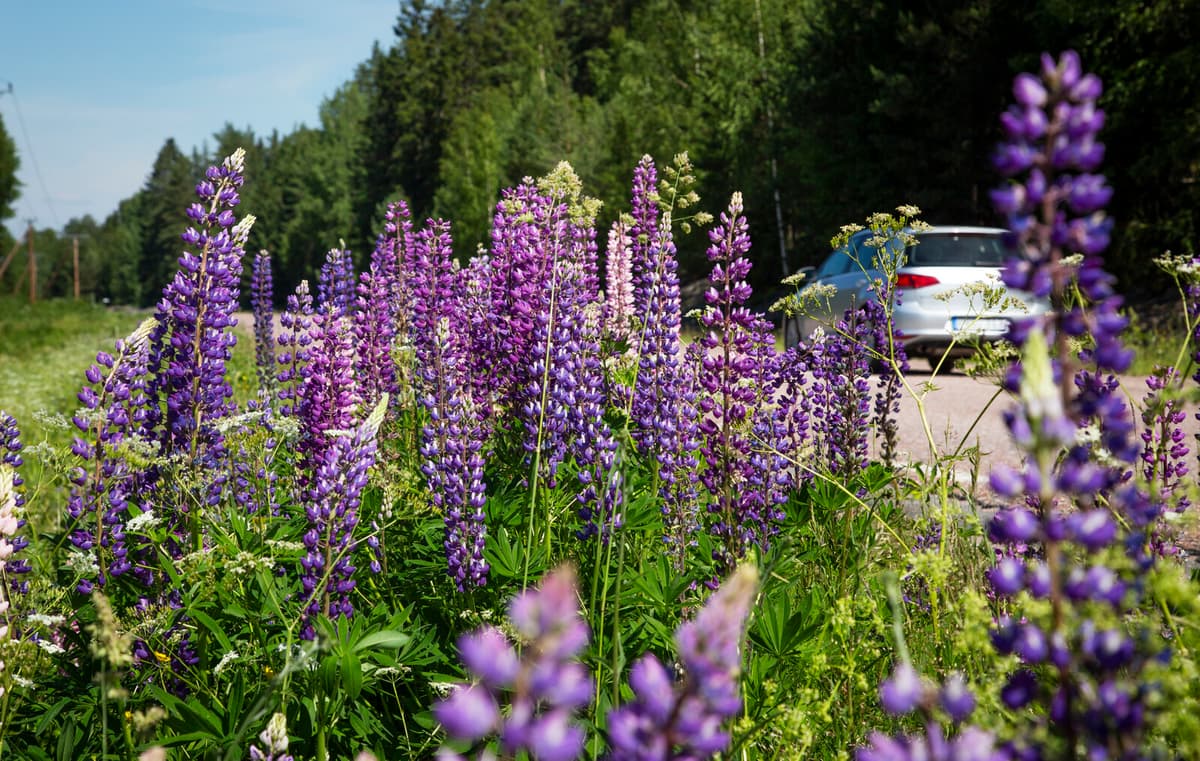The Government wants to streamline the work against invasive species by focusing on stopping the spread of new species – rather than combating already established ones. But the proposal, which is out for review until July 3, receives sharp criticism from WWF and several county administrative boards.
WWF believes that the proposal lowers the level of ambition – and can have serious consequences.
There will be a large spread of species on the national list. I think it will be a fairly ineffective legislation, says Anna Sandström, senior environmental lawyer at WWF.
Combating voluntary
In the memorandum, it is proposed that property owners will no longer be required to remove invasive species that have already established themselves on their land – combating becomes voluntary. However, one is not allowed to spread the species intentionally or through gross negligence.
In practice, it may mean that property owners who get invasive plants from neighbors must combat new occurrences.
It becomes a lifelong work for property owners who get the species and they do it at their own expense, year after year, says Anna Sandström.
County administrative boards warn
The proposal also raises concerns among several county administrative boards, which warn of the risks of exempting private landowners from the obligation to combat invasive species and demand clearer rules on the authorities' right to act against the landowner's will.
”The exemption risks undermining the work and would deprive the county administrative board of an important tool in supervision, which can lead to increased spread and higher costs for society.” writes the county administrative board in Stockholm.
Furthermore, it is proposed that the county administrative boards will no longer have an obligation to eradicate species on the national list, but only be obliged to act quickly in the event of new discoveries.
The motivation that one states is budget reasons. We think it feels downright absurd, says Anna Sandström.
Demanding resources
WWF warns that it risks becoming significantly more expensive to postpone measures and demands both increased resources and sharper rules.
We want the national species to be regulated in the same way as the EU species – with an obligation for the county administrative board to act and a ban for landowners to have the species on their property.
The Government is expected to make a decision on the matter in the autumn.






